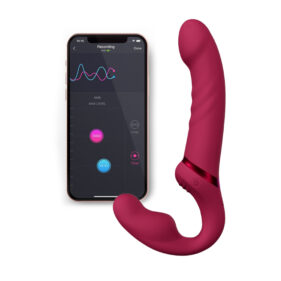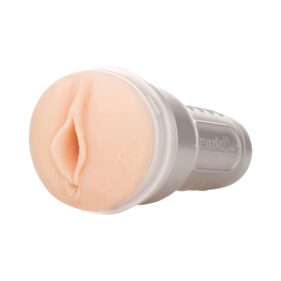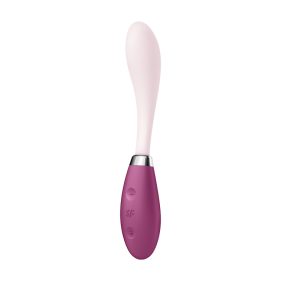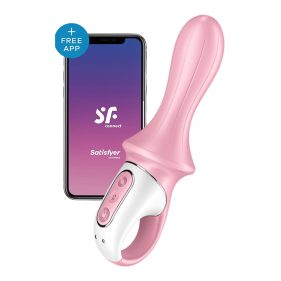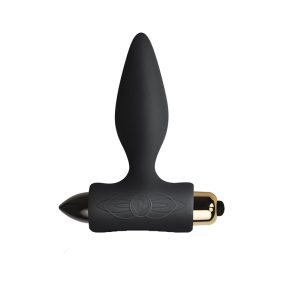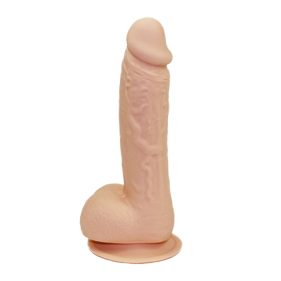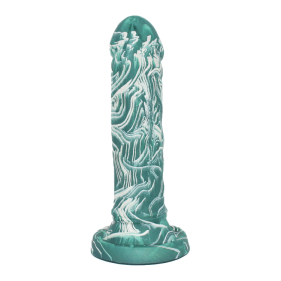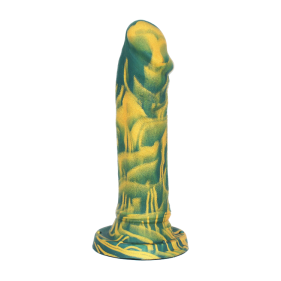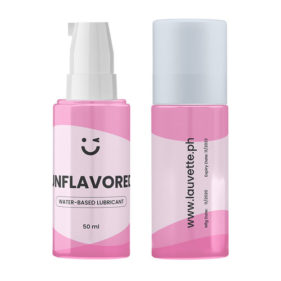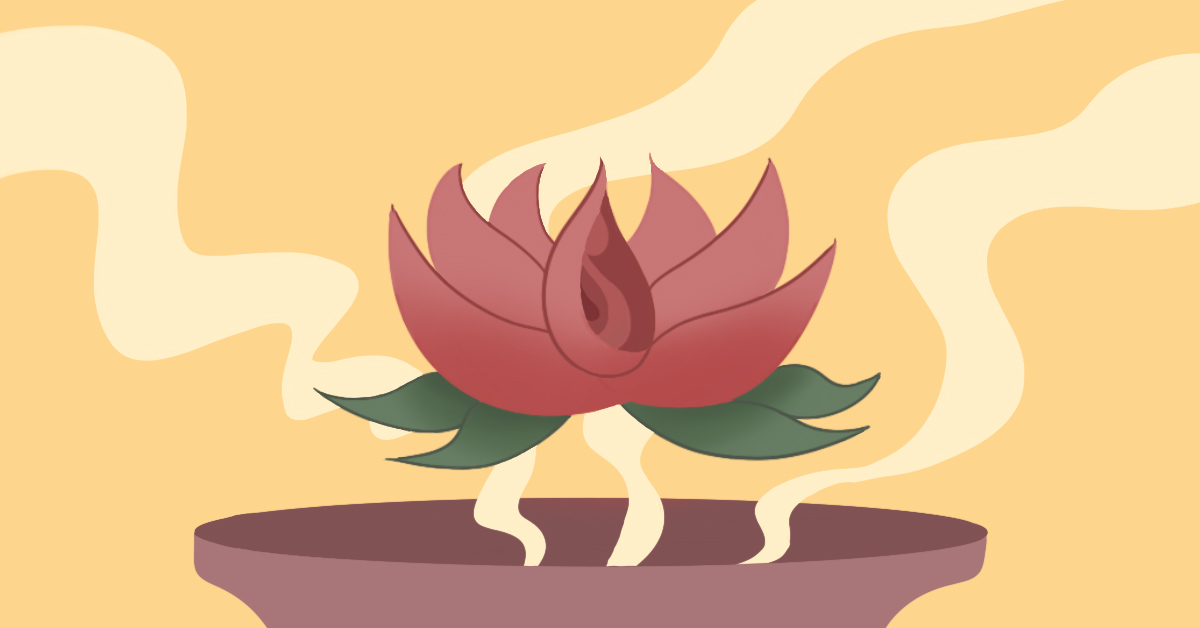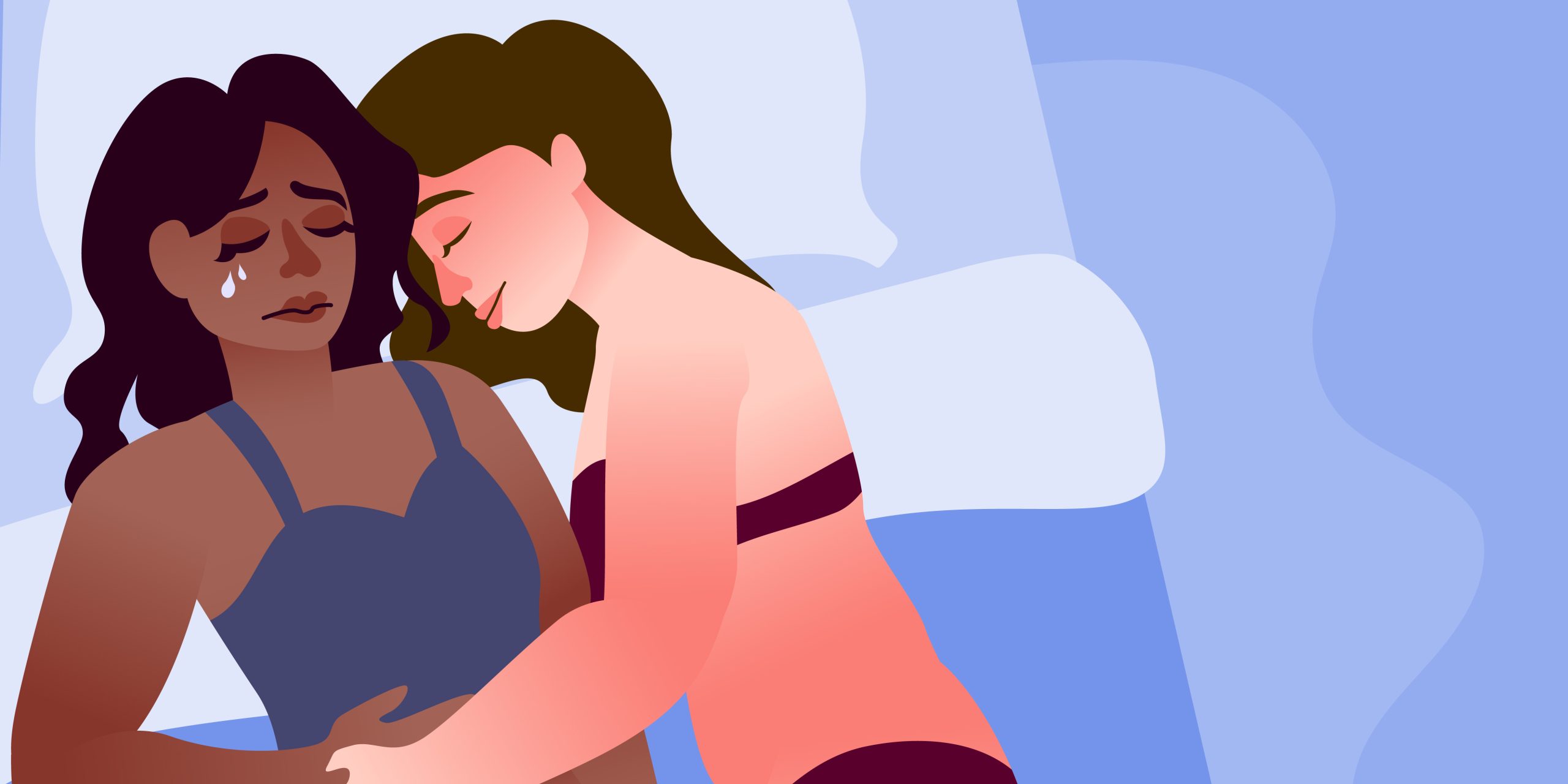
Imagine this: You just had fantastic sex with your partner or someone you met for the night. They had you seeing the whole galaxy of stars as they did all the exciting things you wanted in sex when suddenly… you’re drowning in a void of sadness and hopelessness. Or any negative emotion that erases all the orgasmic bliss you just experienced.
Well reader, you’re going through some major Post-Coital Dysphoria.
Learn more about this downhearted state after getting down from your sexual highs, alongside its causes and how to cope with it.
What is Post-Coital Dysphoria?
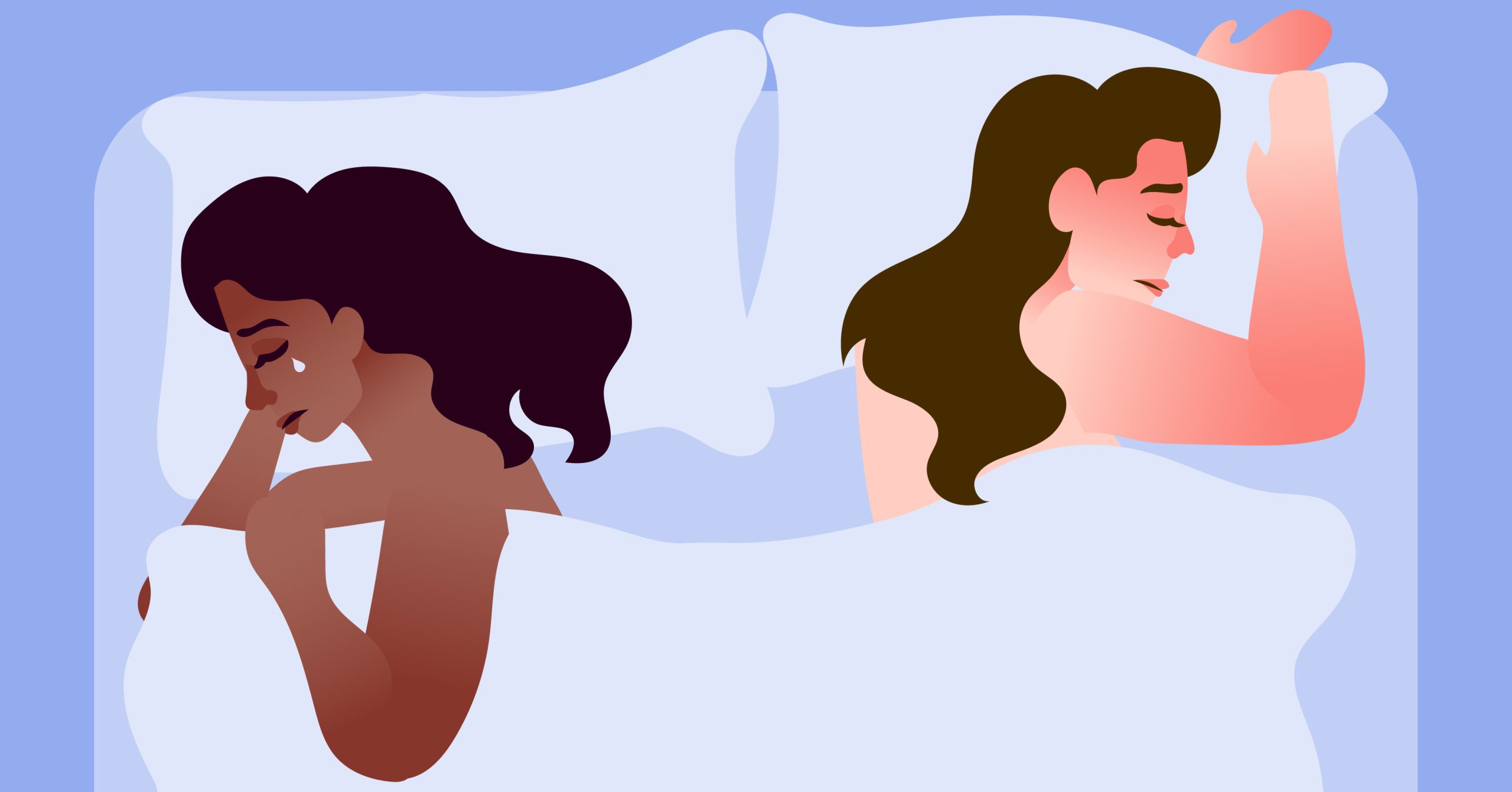
Also called “Postcoital tristesse” (French for sadness) or “Post-sex blues”, WebMD defines it as:
“a range of negative feelings after wanted sexual activity, such as sadness, irritability, agitation, anxiety, and depression after sex.”
Even if the sex was consensual, loving, and mind-blowing, we might find ourselves drowning in a sea of gloom out of the blue. Based on this 2015 study from The Journal of Sexual Medicine: 46% of the 230+ female students surveyed experienced PCD at least once. Although this study also mentions that the data they gathered may not apply to all women’s experiences since most participants were Caucasian, heterosexual, and in university.
Another study in 2019 from the Journal of Sex & Marital Therapy gathered that 41% of male students out of more than 1,200 men experienced such dysphoria. 20% shared that it’s something they experienced within 4 weeks, then 3%-4% of them added that post-coital dysphoria happens regularly to them,
Regardless of the limited research on this topic, Post-Coital Dysphoria can affect anyone of any gender, sexual orientation, race, all of the above!
-
₱4,695.00
-
₱3,485.00
-
₱4,905.00
-
₱4,599.00
Causes of Post-Coital Dysphoria
What may be the reason behind such negative emotions flowing through my body after having such mind-blowing sex? Read this informative section to learn more.
1 Stress and Anxiety

Sex can be a gateway to our problems. You want to distance away from your stresses, finding relief in the pleasure of sex.
Failed an exam? Sex.
Finally made amends with your partner after a long, tiring argument? Sex.
Had a bad day overall? Sex.
Instead of being honest with your feelings or opening up, you’d always let sex be the answer. You can leave it to someone, a toy, or your fingers to push you away from problems. Even if you can choose that route when your day-to-day gets rough, it’s all about limits. Too much of something is never good.
So if sex is always the solution, your problems may create a snowball effect. When you’re left with said problems when the sex is over, the emotions and anxiety surrounding them may intensify. That’s how post-coital dysphoria greets you hello. It may be more difficult to get past them since opening up personally and voicing your concerns has never been an option.
-
₱12,645.00
-
₱8,450.00
-
₱1,895.00
-
₱8,450.00
2 Postpartum Depression
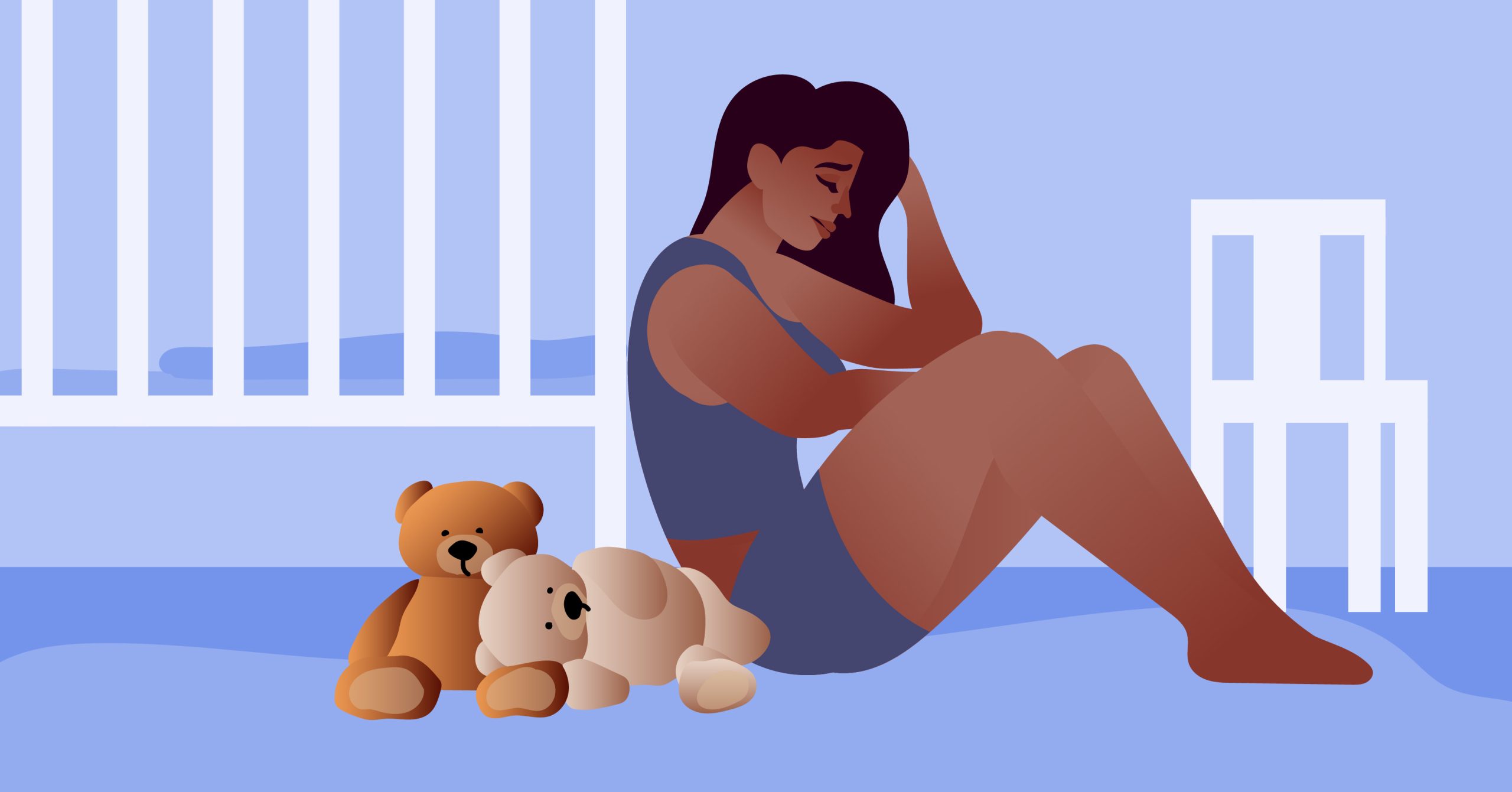
Also known as postnatal depression, postpartum depression is experienced after one gives birth. Due to their hormone levels (especially estrogen) shifting and skyrocketing, they’re more prone to experiencing post-coital dysphoria as their bodies recover and crave sex. Even if they have a blast, they may experience double the pessimism and get into an emotional rollercoaster. Blue is the coldest color truly here with the baby blues and post-sex blues.
3 History of Abuse
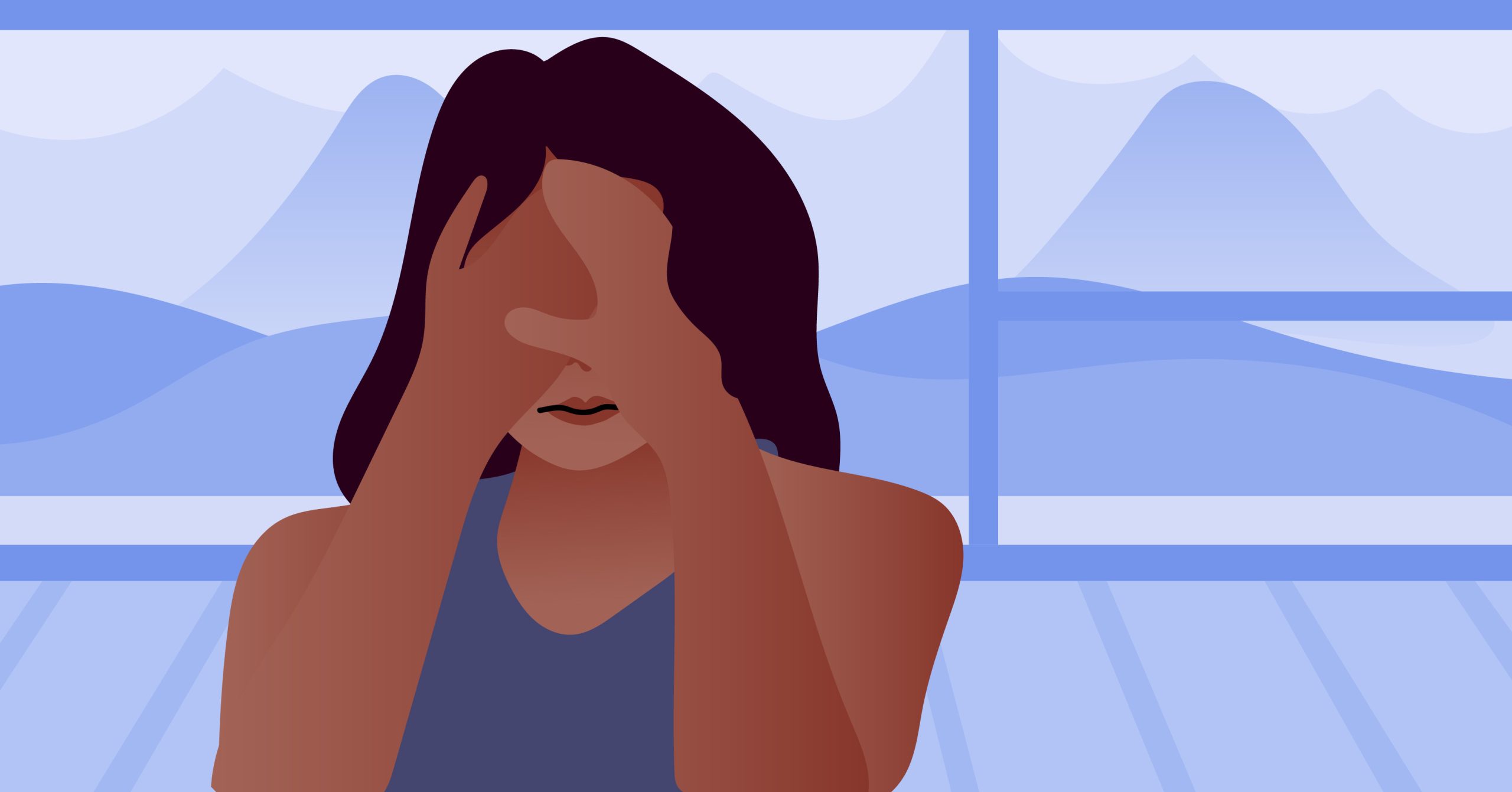
Having a history of abuse, especially sexual, may put you more at risk for post-coital dysphoria as you get older. Because of the sexual trauma you’re left with, it’ll be hard to shrug away those negative feelings and symptoms. And from symptoms, they can build into said dysphoria when not given enough attention.
Additionally, even if you have enjoyable sexual encounters, sex can still be a trigger for you. From triggers, you may lose control of your emotions as those traumatic memories flood back. Hence, experiencing post-coital dysphoria still lies in your cards.
4 Existing Mental Health Conditions

Sex is an activity that puts you in a vulnerable place. You’re getting bare with someone that isn’t you, seeing every piece and part of your body in the flesh. That’s the same with having mental health conditions, rawly laying all your true self without a barrier. It can be from depression, anxiety disorder (different from the first cause), and eating problems, among many more.
You’re vulnerable, which can be scary because you’re unsure if you’ll be accepted as you are. Having insecurities beforehand also contribute to fearing vulnerability. So even if your partner reassures you during and after the deed, you’ll have that creeping feeling of sadness or shame that it wasn’t enough. That’s the post-coital dysphoria talking, toying you with your already existing mental health condition.
5 Resentment

You’re bitter at how you were mistreated in the past. Most especially if you experienced abuse, you refuse to be in that position again. So as much as possible, you want to control your surroundings this time around. Hence, sex can be a troubling topic for you because you’re not in full control of what’s happening.
You’re trying to claim full power by asserting all your desires could give off the impression that you’re bossy (but in a bad way). You’re acting in such a way because it makes you anxious or uneasy that you can’t determine what will happen while doing the deed. Thus, you may be swarmed in guilt due to the post-coital dysphoria, no matter how many times your partner gives you love and affection afterward.
-
₱12,645.00
-
₱3,645.00
-
₱8,660.00
6 Relationship Problems

Once again, let’s restate that experiencing post-coital dysphoria isn’t an indication or sign that your relationship is on the rocks. You can experience post-coital dysphoria even when your relationship is happy and healthy.
However, sex can bring out any hidden issues within your relationship —issues you could never bring up out of fear or even mistrust. Because sex can be immense and mind-blowing, it’ll only strengthen those issues in your mind as they linger a lot longer until someone speaks up.
Another possible problem here is attachment. Someone may get attached when they’re more intimate in sex. So if they can feel and observe that their partner isn’t reciprocating the same energy as they used to, that moment can rack their brain up with negativity-filled thoughts.
Then again, intimacy levels with your partner don’t determine whether or not you’re prone to experiencing post-coital dysphoria. You can be in a very loving relationship yet get those post-sex blues out of nowhere.
-
₱7,595.00
-
₱15,499.00
-
₱11,990.00
-
Original price was: ₱14,995.00.₱10,496.50Current price is: ₱10,496.50.
7 Sex Problems
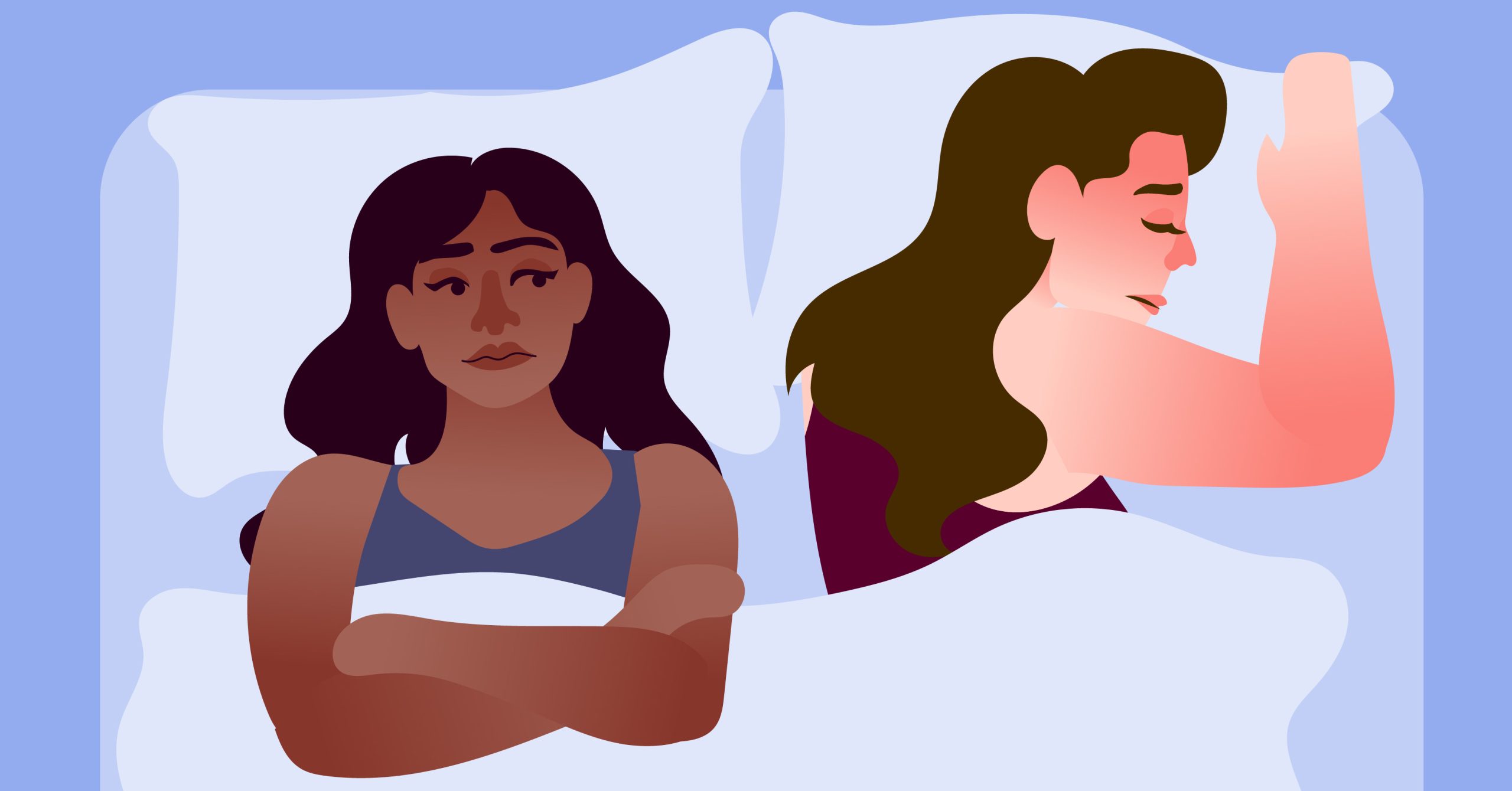
We can be filled with dilemmas surrounding sex. From fretting over our sexual performance, struggling with our body images, to the anxiety of sleeping with a new partner, these common dilemmas can escalate into something bigger if we leave them untouched. Thus, post-coital dysphoria arises to bother you and your life after sex.
8 Rise of the Hormones
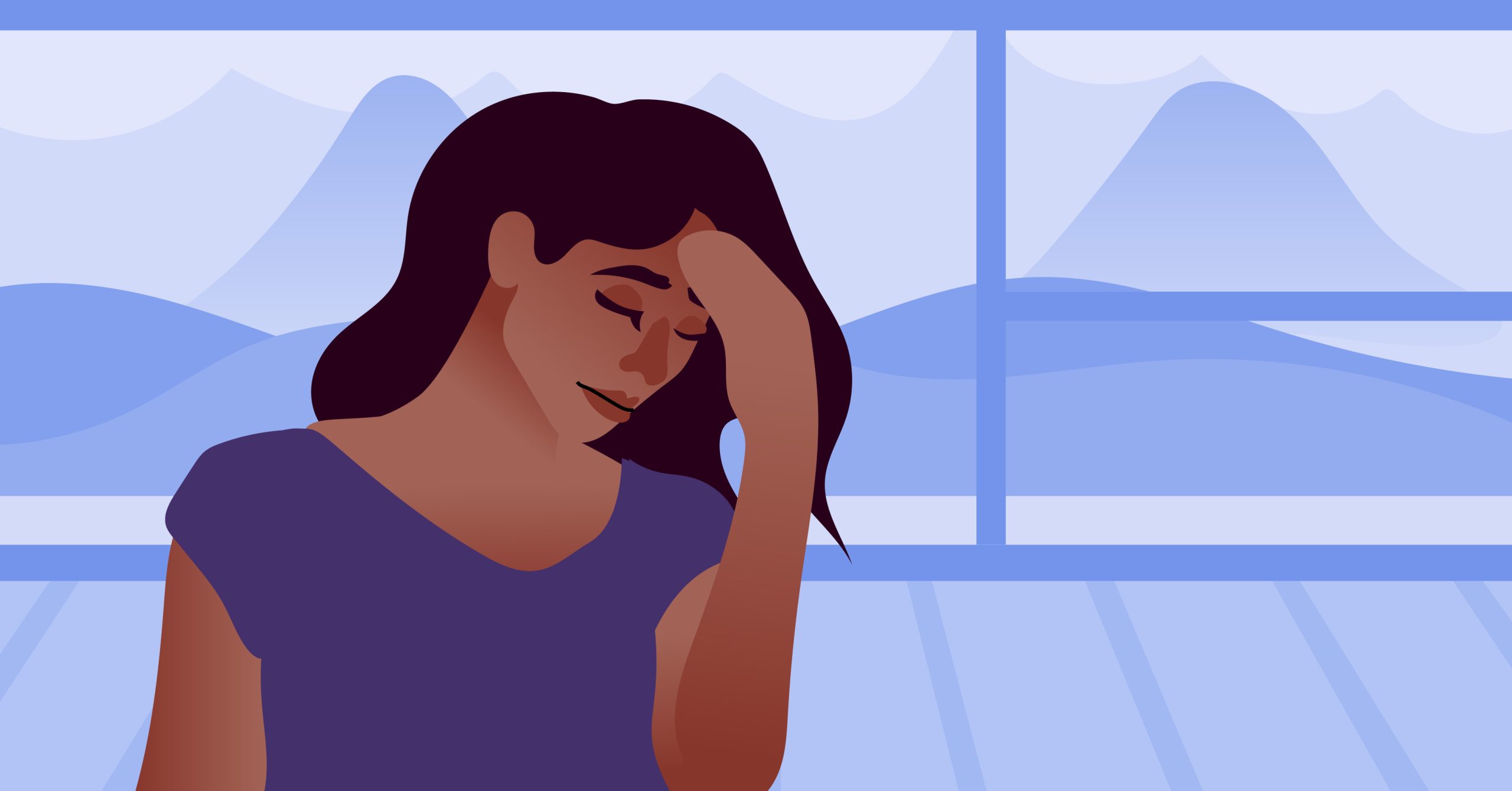
Almost like a name of a movie! During the deed, you’re breaking a sweat as you release hormones like endorphins (the feel-good hormone), oxytocin (the love hormone), and dopamine (the happy hormone). Although the rise of these hormones in your system is gradual, the climax is heart-stopping and quickly dropping at the very moment you reach it.
You’ll find yourself on top of the world, then completely crashing once your orgasm completely washes you over. Due to a drastic plummet of emotions and hormones, post-coital dysphoria can affect your overall mood into a more pessimistic, downcast one. Your bond with your partner, alongside your hormones, may also cause a major shift in your mood.
Certified sex therapist Dr. Lee Philips shares with Men’s Health that people experience post-coital dysphoria because “the bonding with a partner during sex is so intense that breaking the bond triggers sadness and/or agitation.”
-
₱2,695.00
-
₱3,395.00
-
₱4,495.00
-
₱5,999.00
Signs and Symptoms of Post-Coital Dysphoria
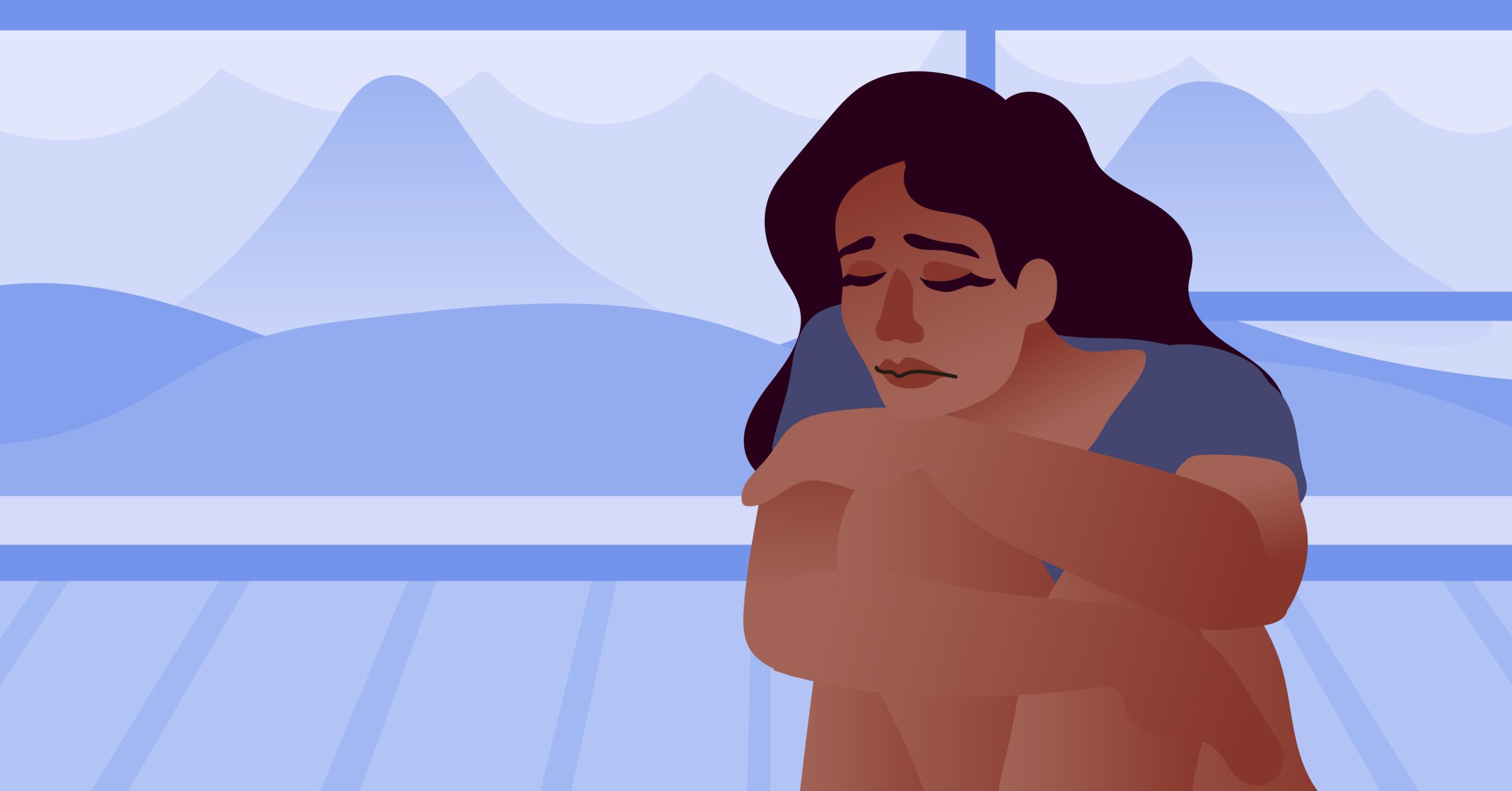
As we explained the various causes of post-sex blues, you might wonder how it can manifest in your behavior and attitude.
Signs and symptoms of post-sex blues include:
- Bursts of tears or crying
- Getting easily irritated or agitated
- Panic attacks
- Numbness
- Unsatisfaction with the sex at the moment
- Pangs of guilt or shame after the deed
- Anxiety and depression (intensified if already diagnosed with either one)
-
₱4,745.00
-
₱2,695.00
-
₱3,395.00
-
₱4,745.00
Tips on Coping With Post-Coital Dysphoria
Being sad or agitated over sex, a fun activity is the last thing we want to feel. We deserve enjoyable and pleasurable sex rather than swerve away from it in fear of the aftermath. With that, we gathered our top-most important tips on how to cope with post-sex blues.
1 Connect with your body.

Post-coital dysphoria disconnects with your body and leads you to a path of swirling negativity, wherein it feels impossible to climb back up. So to avoid getting into that whirlwind, sit down with all of your feelings and thoughts before the deed. Recognize all aspects of it; see what makes you happy at the moment and what gives you the jitters. Alongside this, you can embark on other enlightening activities for your mind and body, like deep breath work, meditation, yoga, and even simple stretching.
You can also do these activities after sex to get in touch with yourself after putting your body through such penetration and pleasure.
-
₱5,395.00
-
₱3,395.00
-
₱12,645.00
-
₱4,745.00
2 Do aftercare!

Such an important tip! After sex, it should only be mandatory to provide aftercare to each other. No matter the set-up (one-night stand, friends with benefits, or a long-term relationship), aftercare signifies respect and human decency between those who engage in sexual intercourse. And by being given such positive feelings alongside this, we can most definitely swerve any signs of post-coital dysphoria.
Some examples of aftercare include buying your favorite food via a delivery app, taking a shared bath, engaging in pillow talk, cuddling, and patching up any scratches made (because we know sex can get steamy).
3 Communicate honestly with your partner.

You may avoid and close the topic of post-coital dysphoria within yourself because you fear your partner’s reaction. However, it’s in having strong communication skills that establish trust and stability relationship with your partner. You’d understand each other better and get on the same page quicker regarding your feelings and thoughts, especially regarding sex.
Let them know this array of negative emotions isn’t necessarily from doing the deed. Instead, it’s rather an abrupt escalation after that post-orgasm bliss that does not correlate with the current status of your relationship or the quality of sex you’re having.
Take this time to establish boundaries with them as well. Learn what triggers you, whether it’s a scent, color, action, or work. Inform them about it after, so they’re aware of what to avoid. Also, have a safe word if the sex isn’t enjoyable. After that, you can talk through your emotions when you feel okay so they can be in the same boat as you.
4 Engage in journaling.
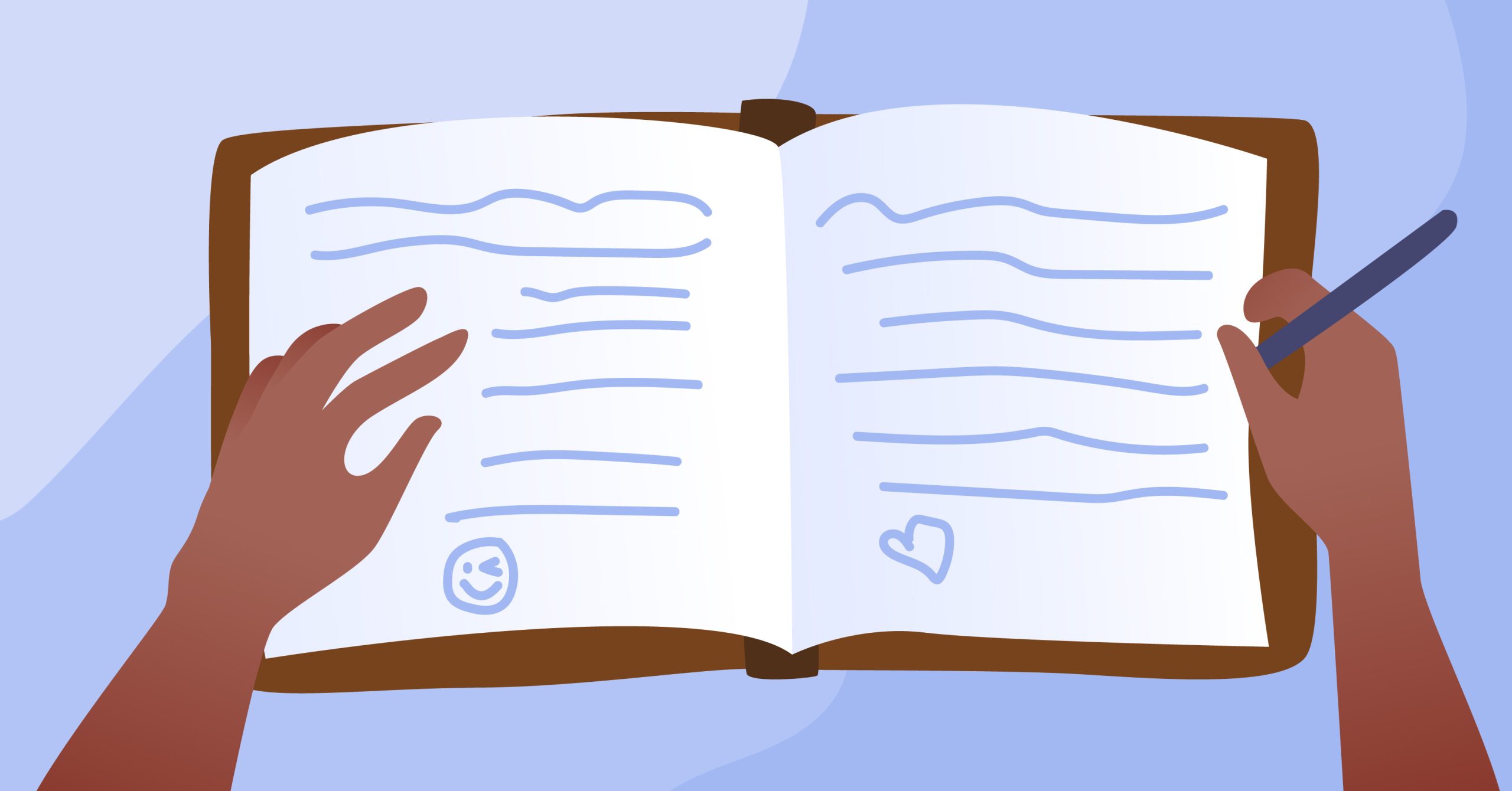
If you’re not able to verbally express your feelings, especially negative ones, you can write them down in a journal. It’s just as liberating as you can release all those struggles from their cages in your mind, fully letting go as you explain in detail why they bother you and such. You won’t even notice how many pages you’ll surpass, but it won’t matter once you finally write all your stresses and worries down. It’ll put your mind at ease more, allowing you to continue on with your day a lot smoother.
With that, you can follow and answer prompts that focus on your well-being post-sex and how to move on if signs of post-coital dysphoria manifest. Refer to prompts like:
- Describe everything that happened.
- How are you feeling?
- What kind of thoughts are coming up?
- What do you wish happened instead?
- How will you get past this time?
-
₱4,745.00
-
Original price was: ₱1,850.00.₱925.00Current price is: ₱925.00.
-
₱3,395.00
-
Original price was: ₱1,850.00.₱925.00Current price is: ₱925.00.
5 Seek professional help.

If the stress and negative feelings continue to fluctuate and disrupt your daily lifestyle, consulting a medical professional for help is your best bet in coping with post-coital dysphoria. This is especially helpful if you have sexual trauma or mental health conditions from childhood or adulthood. That way, you can really get to the bottom of such deeply-rooted issues and eventually heal from them.
You can either resort to individual counseling or couples counseling. What matters in your future sessions is your general thoughts and feelings about sex, not the quality of sex you’re having. That’s a different discussion for a different time.
-
Original price was: ₱1,095.00.₱711.75Current price is: ₱711.75.
-
Original price was: ₱1,195.00.₱776.75Current price is: ₱776.75.
-
Original price was: ₱1,295.00.₱841.75Current price is: ₱841.75.
-
Original price was: ₱1,195.00.₱776.75Current price is: ₱776.75.
Frequently Asked Questions

Still eager to learn more about Post-Coital Dysphoria? Check out some answered queries about the dreaded post-sex blues below.
1 How long does Post-Coital Dysphoria last?
According to Healthline, it can last between 5 minutes to 2 hours. But other sources state that the worst-case scenario would be that it can last for days.
2 Can you get Post-Coital Dysphoria after masturbation?
Yes. Anything that involves your body sexually may lead to post-coital Dysphoria.
3 Is Post-Coital Dysphoria different from sexual dysfunctions (male and female)?
Yes. The latter is more focused on the emotions and functions (or lack of) occurring before doing the deed, while post-coital dysphoria is centered on the aftermath of the sex.
4 Can attachment styles be affected by post-coital dysphoria?
Yes, there is a possibility, particularly if you have an insecure attachment style. According to Choosing Therapy, this style arises early in childhood with any traumatic experience or a disconnection with caregivers/parents. Because of this, we can develop trust issues and struggle to separate from our partner, especially after reaching orgasm with them.
5 If I suddenly burst into tears after reaching my orgasm, does that mean I have Post-Coital Dysphoria?
It depends. Observe how you’re feeling at the moment. If your tears were ignited from pleasure, you’re happy with the experience. Call it tears of joy from such good sex. But if you’re feeling unsatisfied or down, you’re likely experiencing a sign of post-sex blues.
-
₱150.00
-
₱150.00
-
₱150.00
-
₱150.00
Takeaway
Post-Coital Dysphoria is a wide range of negative emotions that can rush through our veins after sex unprovoked and without warning. It may be curable when we’re aware of its presence and get to the bottom of it right away, but it can worsen if we have a history of abuse or sexual trauma. Seeking professional help would be a great option in those kinds of situations, and we’d regain a healthier and happier outlook on sex.










